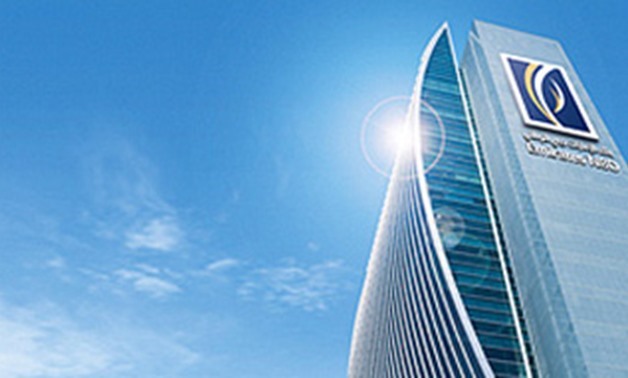
Emirates NBD Egypt - Photo courtesy to the bank website
CAIRO – 3 July 2018: Egypt’s Emirates NBD Purchasing Managers’ Index (PMI) for the non-oil private sector climbed to 49.4 in June, compared to 49.2 in May.
Emirates NBD research said that Egypt's index failed to post above the 50 mark, which delineates contraction and expansion in the non-oil private sector, noting that it achieved twice this level in the last 33 months.
The survey, sponsored by Emirates NBD and produced by IHS Markit, contains data collected from a monthly survey on business conditions in the Egyptian private sector.

Source: HIS Markit, Emirates NBD Research
“The average PMI reading of 49.6 recorded in both the first and second quarters make them the strongest quarters in years, and business optimism remains fairly upbeat,” the report said.
It clarified that firms will remain under pressure with new orders remaining contractionary in June; inflationary burdens are set to increase in the next several months.
According to the revealed data, the output recorded its lowest levels in 2018 during last month, hitting the 48.2 mark, and new orders remained contractionary at 49.8.
The data also showed that new export orders were also negative, at 49.5, although only 4.8 percent of respondents actually reported a decline, with the vast majority – 91.3 percent – reported that the new export orders remained static.
The data further noted that if new orders failed to expand, it would continue the pressure the output in the upcoming months.
Backlogs of work also declined to a three-month low of 48.9 in June as firms responded to weak demand, the data added.
On the prices front, overall input prices reached 60.2 in June, compared to 59 in May.
The data clarified that purchase prices jumped to 59.3 from 58.3 the previous month, while staff costs climbed at a marginally slower rate of 52.5 compared to 53.
“Higher costs for raw materials and rent were cited,” the data showed.
Emirates NBD research expected that these pressures will rise over the next several months, given higher oil prices compared to the start of the year, and government subsidy removals which will see electricity prices rise by 42 percent for factories.
On June 12, Egypt cut its electricity subsidies, raising prices by an average of 26 percent in the 2018-2019 fiscal year beginning in July.
Minister of Electricity Mohamed Shaker stated the overall increase does not exceed 26 percent, while the average hikes in bills for households amount to around 24 percent, affirming that the new hikes save the country from potential losses that might reach LE 109 billion.
Moreover, the Cabinet announced on June 16 cutting the fuel subsidies, to support the energy by only 25 percent now.
The new prices are Gasoline 95 prices went up from LE 6.6 ($ 0.37) per liter to LE 7.7, while 92 octane gasoline prices amounted to LE 6.75 instead of LE 5 per liter. Prices of gasoline 80's liter increased to LE 5.5 instead of LE 3.65, the newly-appointed government said in its first move since taking oath.
The price of diesel will be LE 5.5 a liter instead of LE 3.65, while the price of natural gas used for vehicles rose to LE 2.75 per cubic meter instead of LE 2.
The government also announced raising the price of the cooking gas cylinder to LE 50 instead of LE 30 and the commercial gas cylinder's prices surged to LE 100 instead of LE 60.
In April, Egypt’s Emirates NBD Purchasing Managers’ Index (PMI) for the non-oil private sector edged up from 49.2 in March to 50.1 in April, leaving it just above the 50-mark.

Comments
Leave a Comment